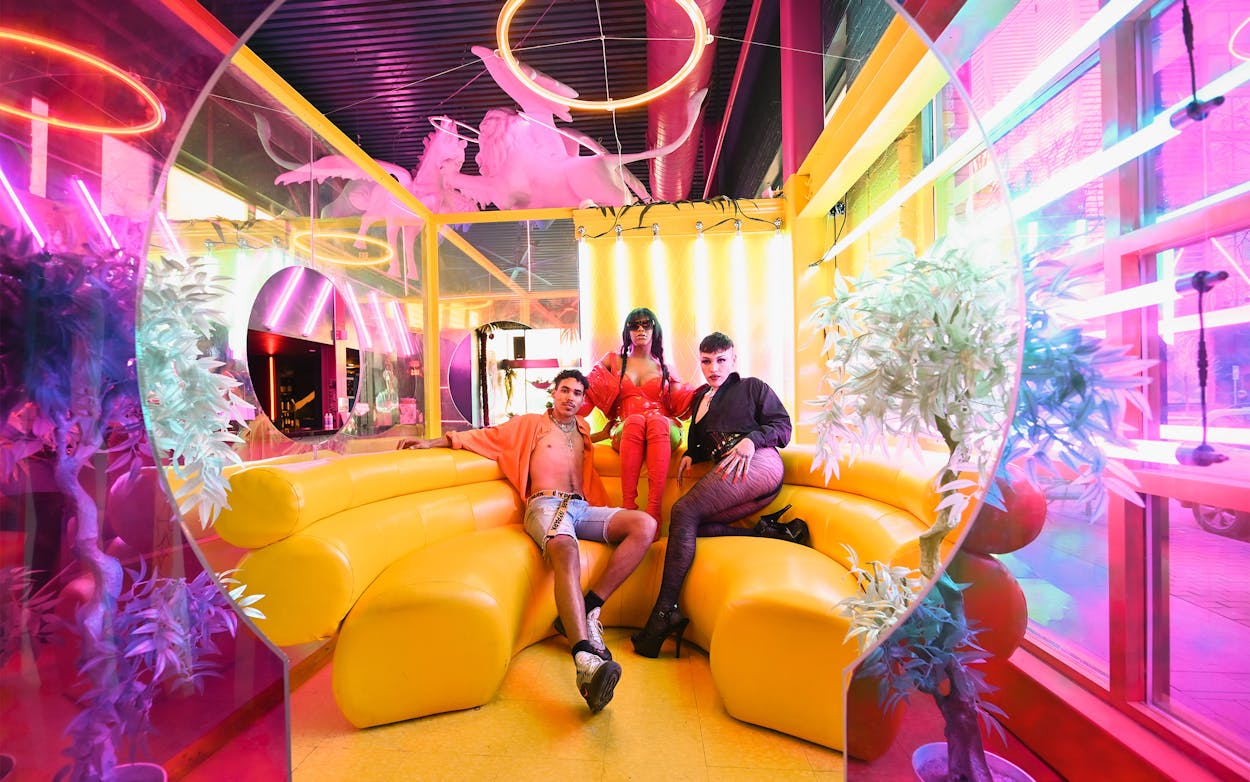If you’re walking past downtown Austin’s Swan Dive bar at just the right time on Wednesday nights, you’ll probably hear Natalie Lepore before you see her.
“Clap bitches for the icons, clap bitches for the icons,” she chants over a steady house beat, hyping up the crowd at 1 a.m. “Nobody should be sitting down right now. If you’re sitting the f— down, get the f— up.”
Lepore is much more than an emcee. She’s the founder and “mother” of the House of Lepore, a two-year-old group—its members consider themselves a “chosen family”—of queer performers that competes in Austin’s ballroom scene.
Though ballroom gained popular recognition in 1990 through Madonna’s hit single “Vogue” and Jennie Livingston’s documentary, Paris Is Burning, elements of it date as far back as 1860s Harlem, when formerly enslaved individuals organized “drag balls” and masquerades where queer people could rebel against laws that banned cross-dressing. Over the next few decades, these balls spread to other major cities, but by the late 1960s, long-standing racial discrimination within the scene drove Black and Latino members of the LGBTQ+ community to create their own space, and thus, modern ballroom culture was born.
Groups of competitors became Houses—a chosen family led by a house “mother” or “father” who would help guide their “children” through the ballroom scene and through life. Rival houses compete for prizes, often trophies and cash awards, in categories including face, body, runway, and performance. What began as a safe haven for queer Black and Latino people who had been shunned by their families and society became a cultural force, spreading popular slang (“reading,” or insulting or calling someone out; “serving,” or looking stylish; “throwing shade,” or subtly ridiculing), spawning dance styles, and influencing everything from music to fashion.
Natalie was born and raised in Philadelphia, where she was introduced to its ballroom scene at fifteen years old and found her chosen family. “I came from a Christian family that was very strict, very homophobic,” she says. But through ballroom, she realized her life could look different. “I just wanted to be a part of it. It was so interesting to see the passion that people were bringing in a building that was full of people who were like me. I didn’t know that was available until I went downtown.”
All of a sudden, she had a supportive mother and other girls calling her sister. She joined the House of Cavalli, then the House of Blahnik for ten years before moving to San Antonio, where she helped create a queer performance group called the Plastic Collective. That eventually disbanded, but in 2020, Lepore and a few former Plastic Collective members decided to create a house.
Named after Amanda Lepore, the hyperfeminine transgender entertainer, the House of Lepore is full of fierce voguers, drag artists, burlesque performers, singers, rappers, DJs, and models. Since their founding, the Lepores have worked to nurture Central Texas’s budding ballroom scene, putting on Vogue Nights in Austin and San Antonio each month where experienced and first-time (“virgin”) performers can participate in ballroom. In March, the Lepores made history by throwing the first official ball at South by Southwest.
Though ballroom is centered on competition, its purpose as a place for queer people to flourish is just as crucial. Natalie’s ecstatic with what the House of Lepore has accomplished so far, but she has her sights set even higher. “These are my kids,” she says. “I love them dearly and just getting to watch them grow and gain so much confidence is incredible. I want us to be a household name, I want us to have houses all over the world, to be in magazines or on TV as a house that people look up to.”
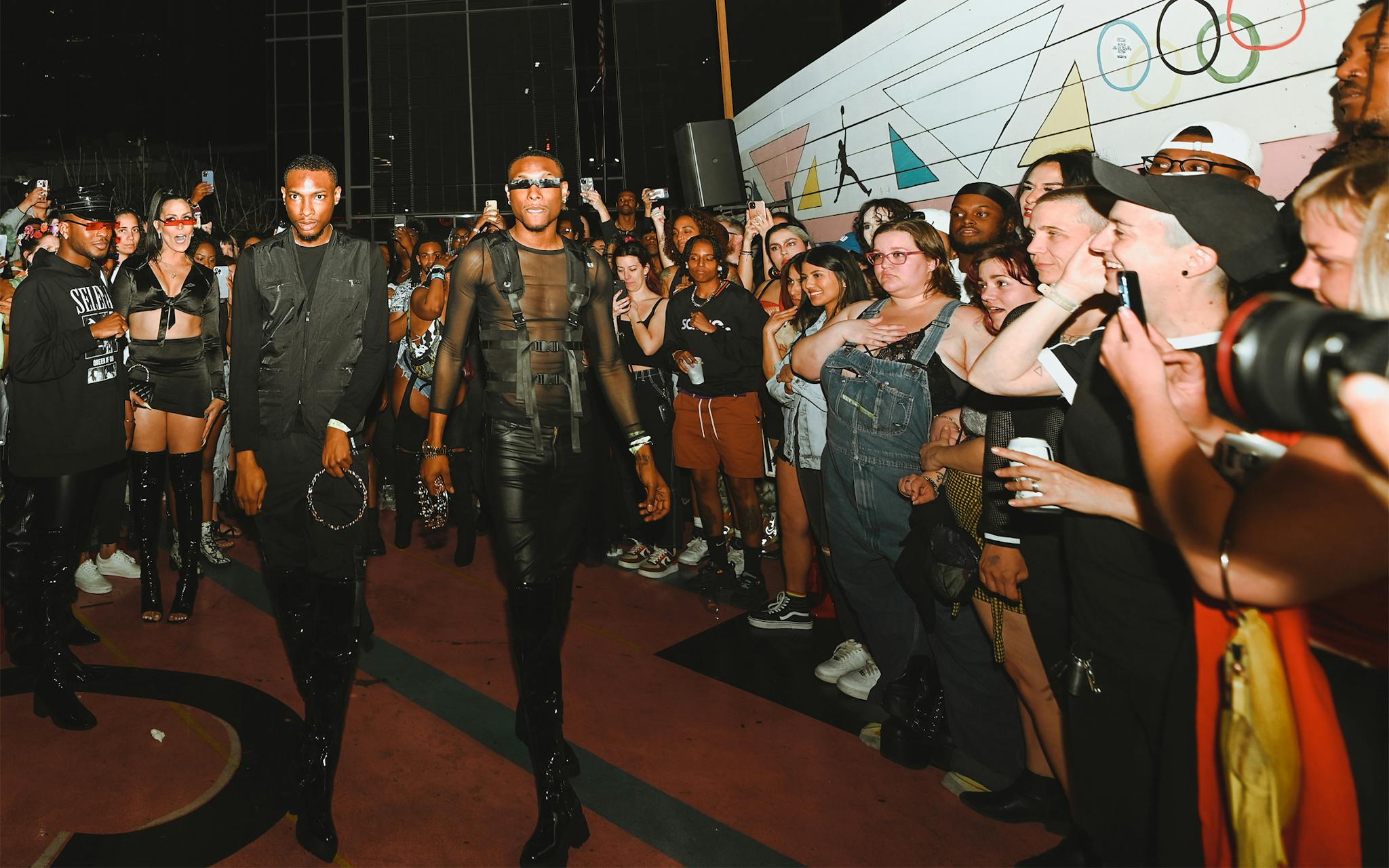
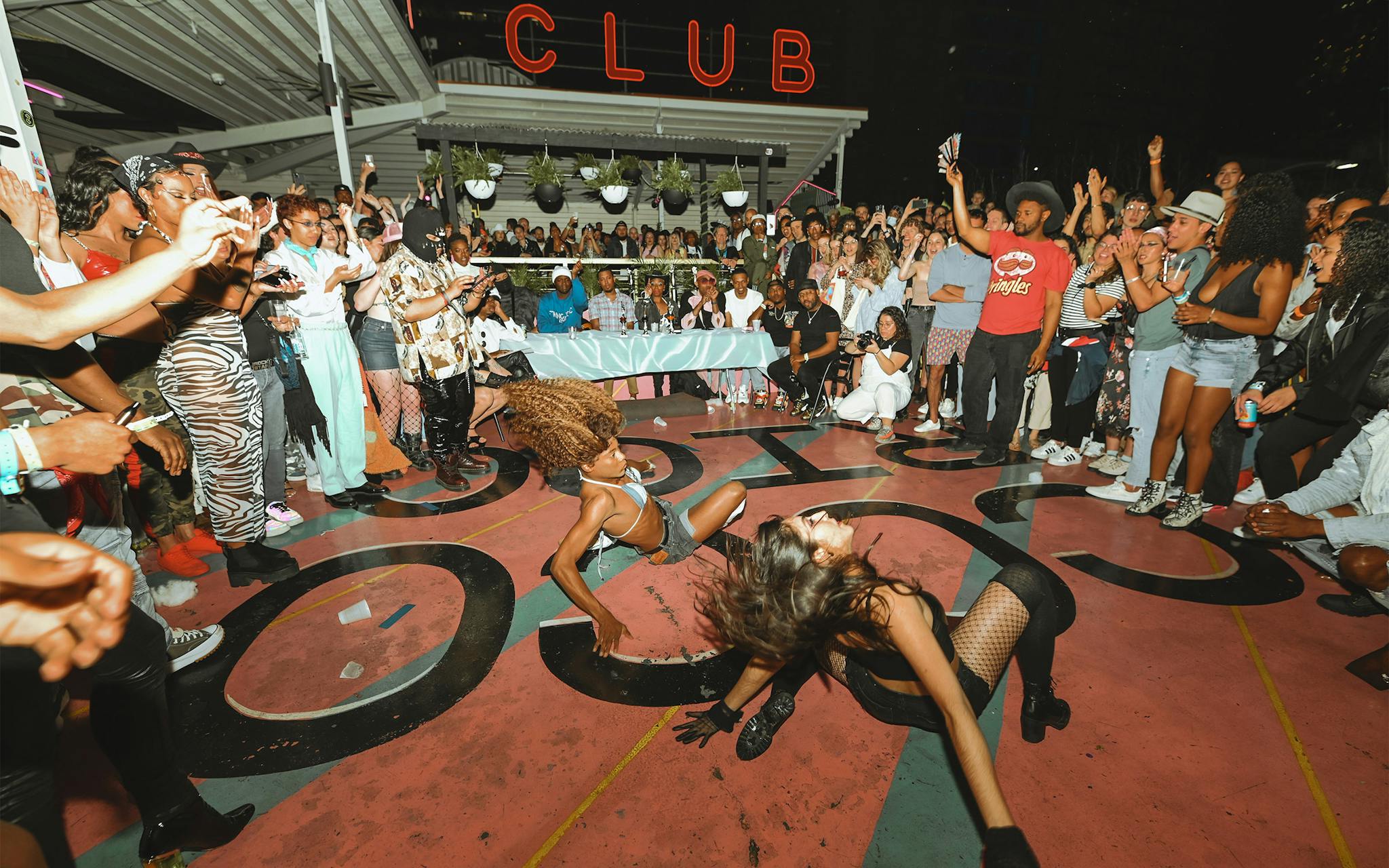
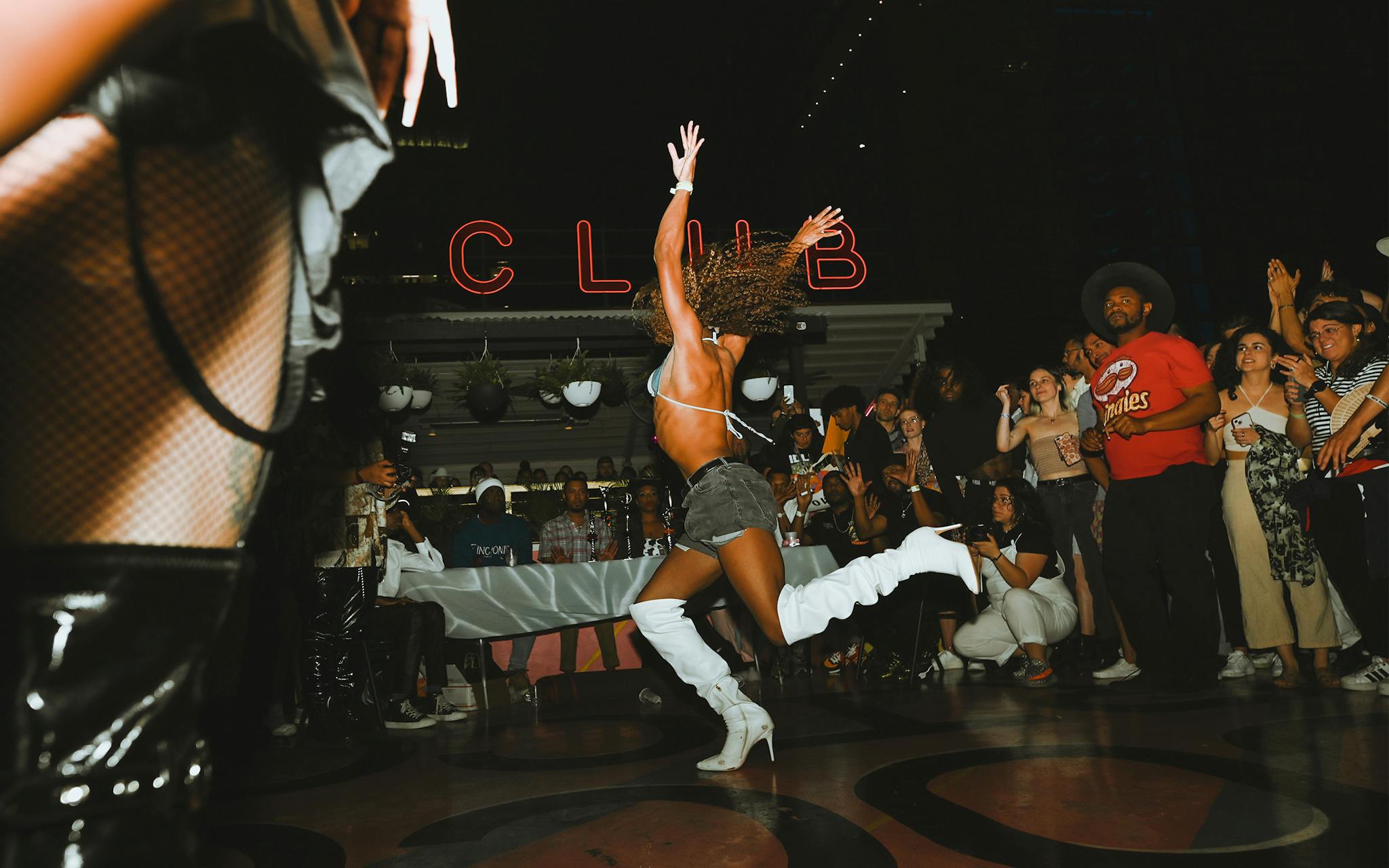
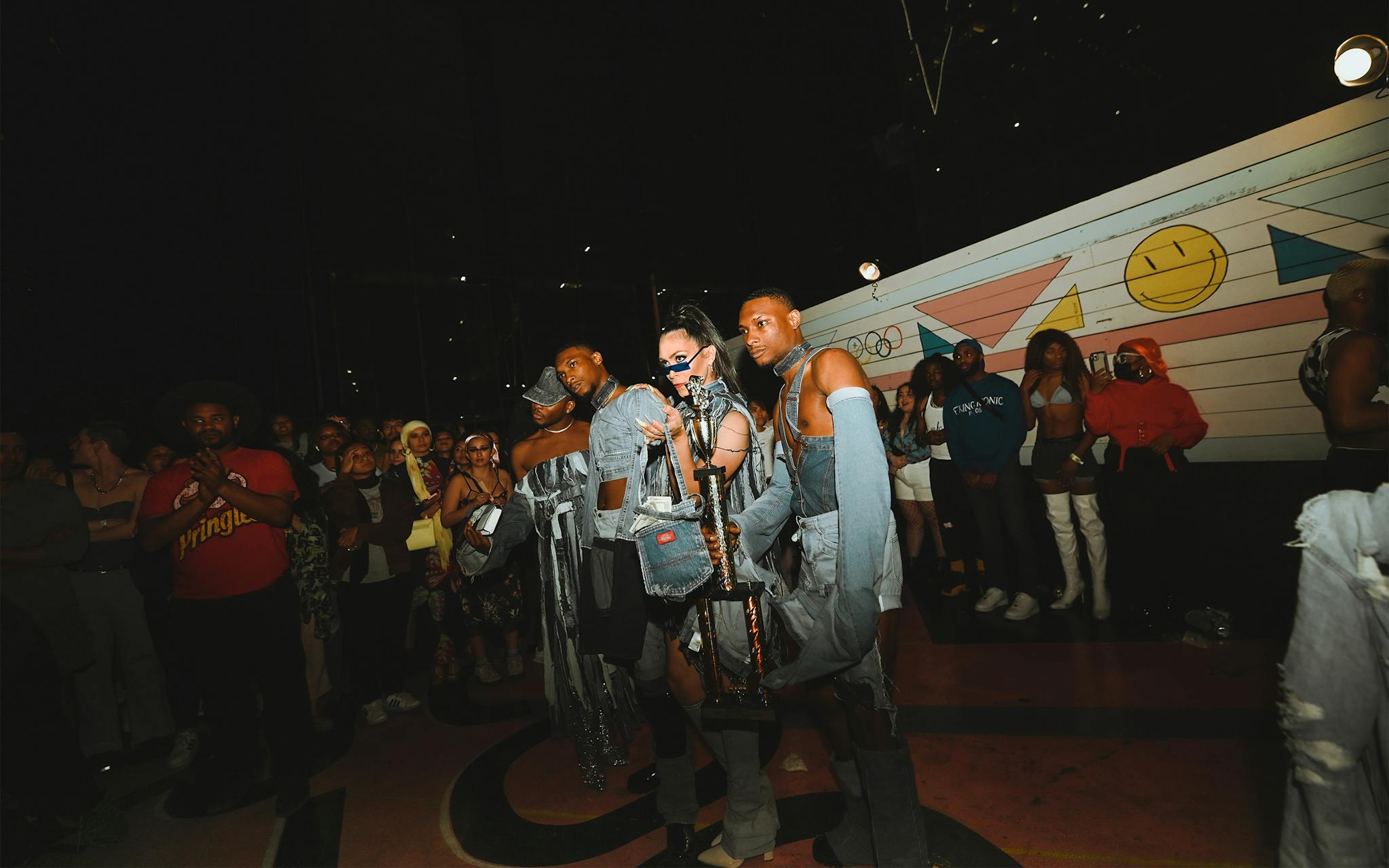
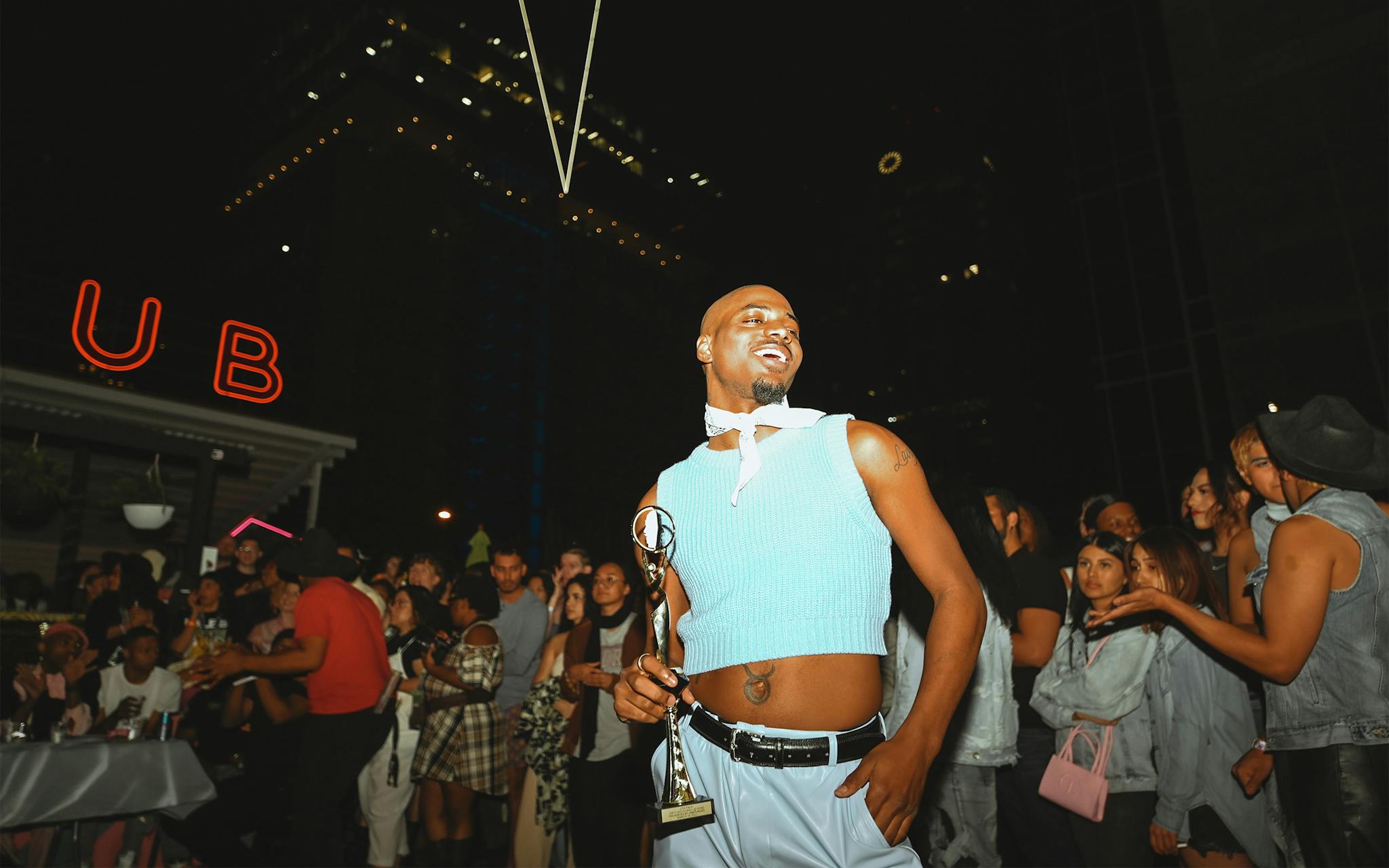
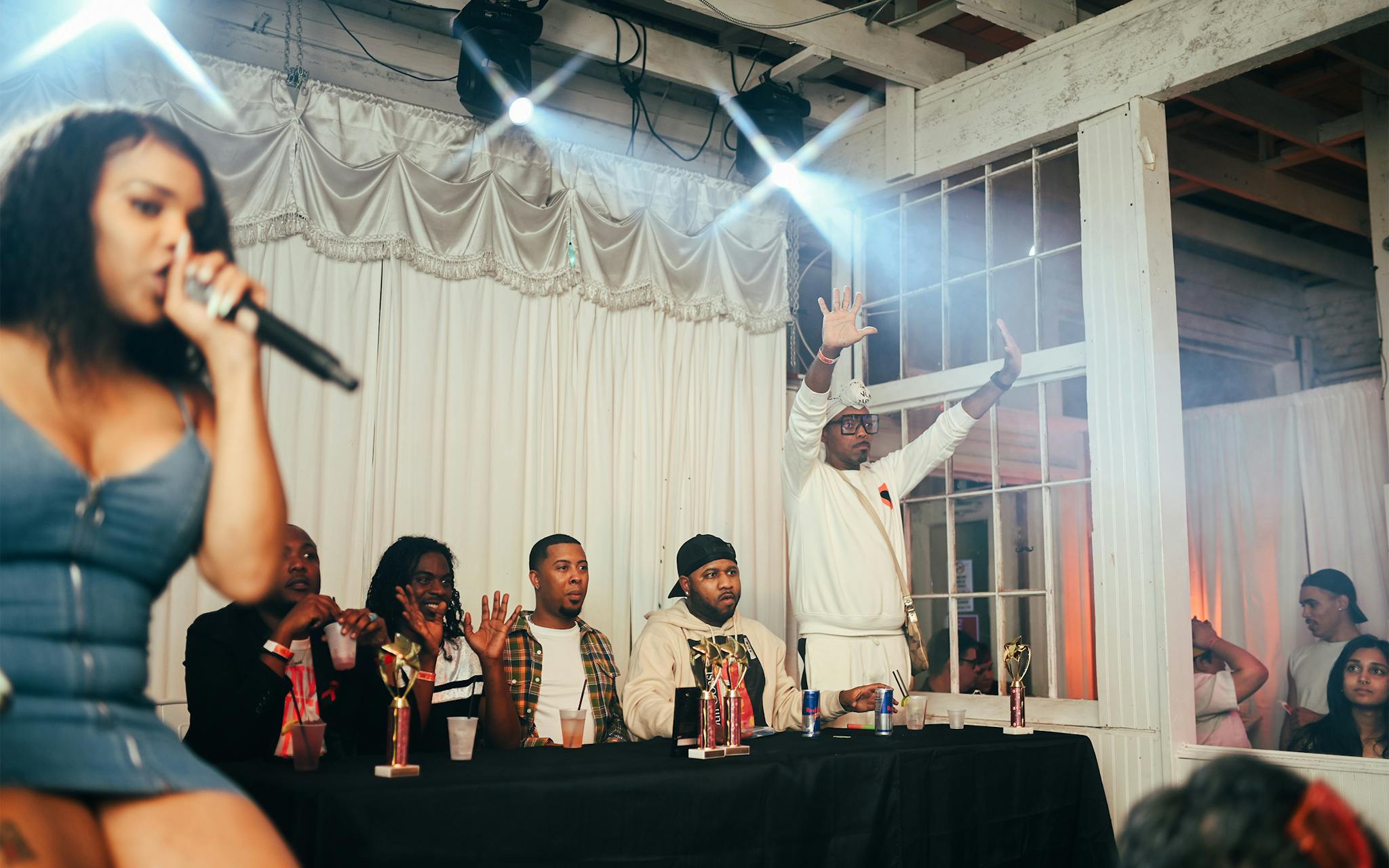
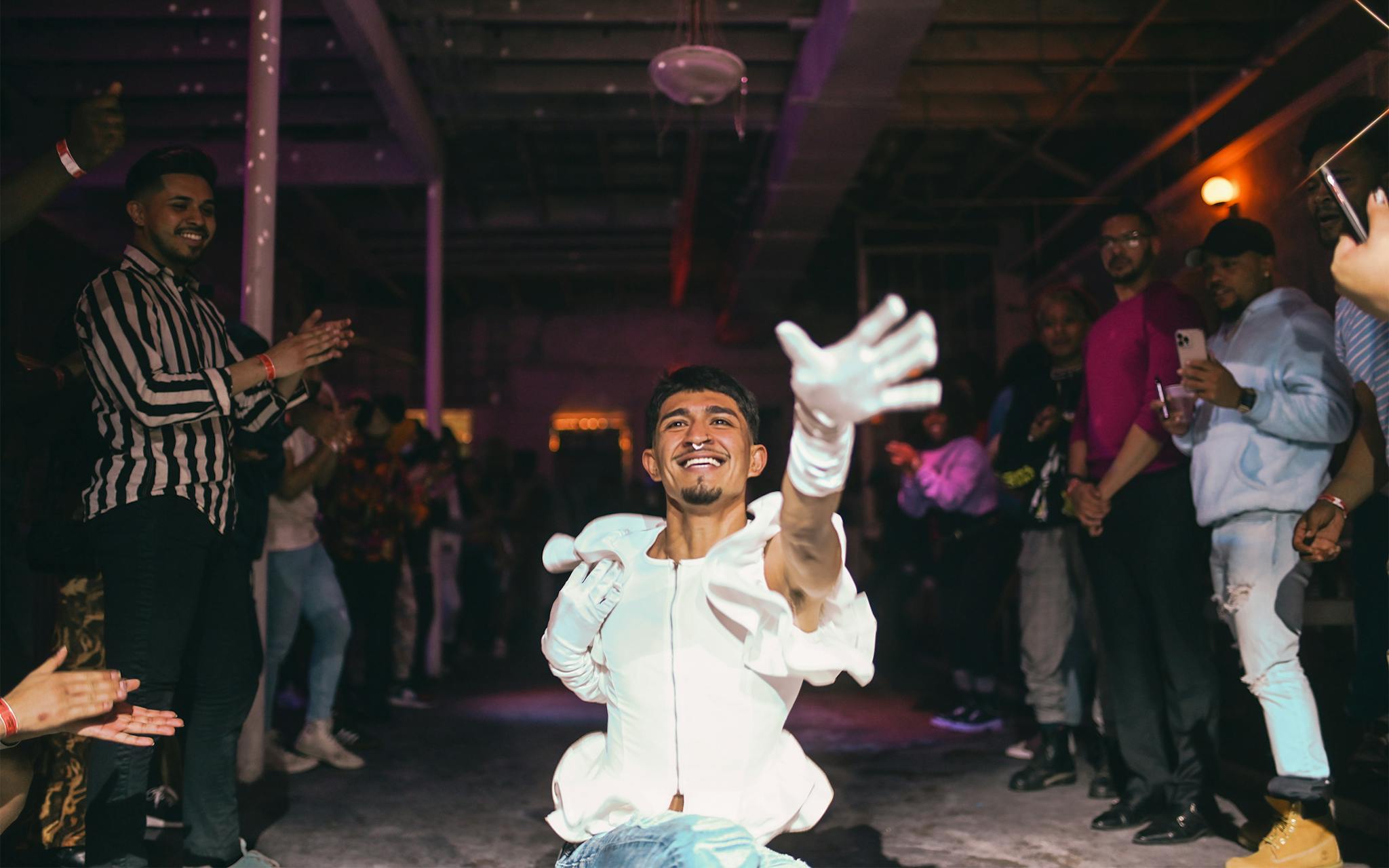
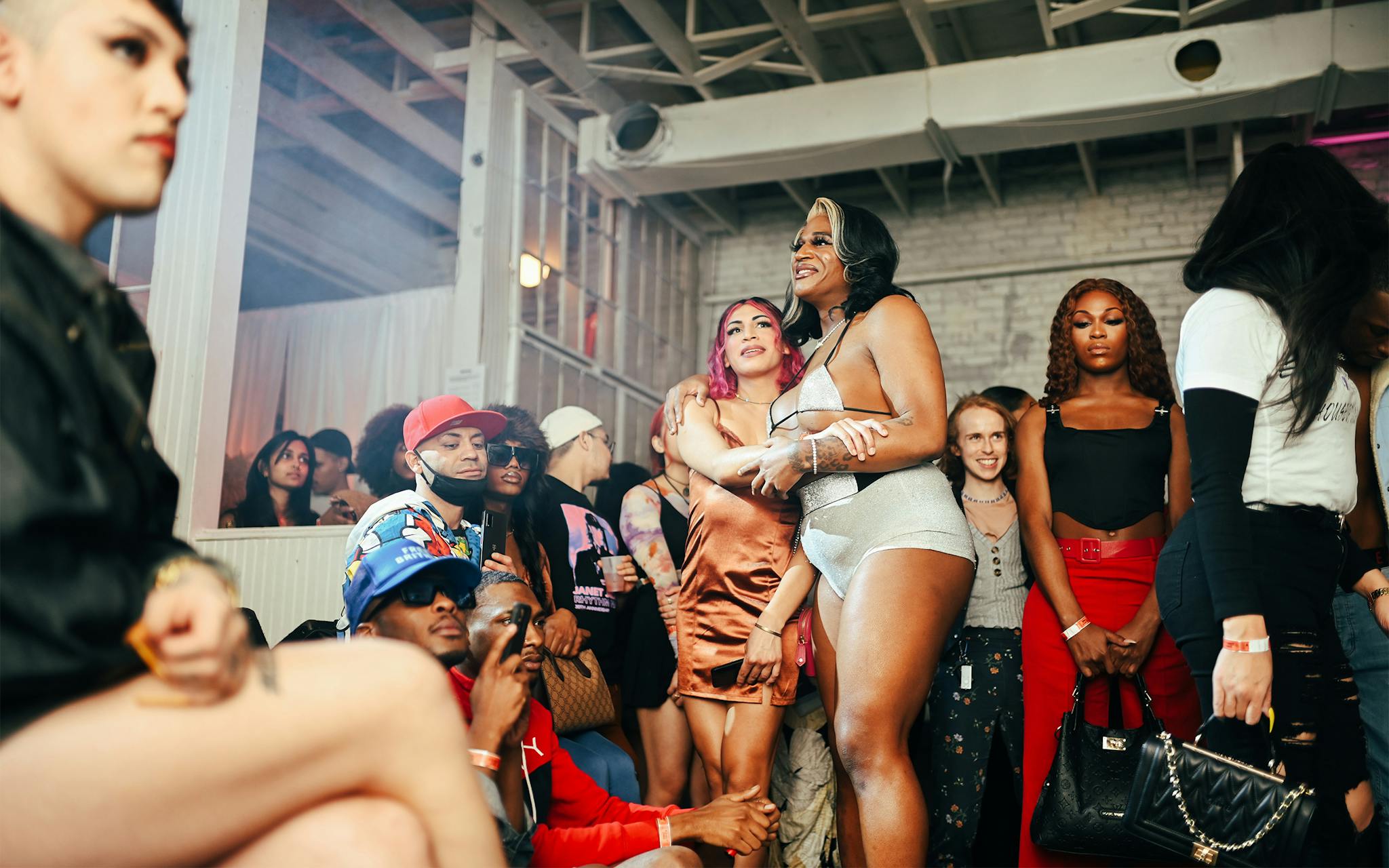
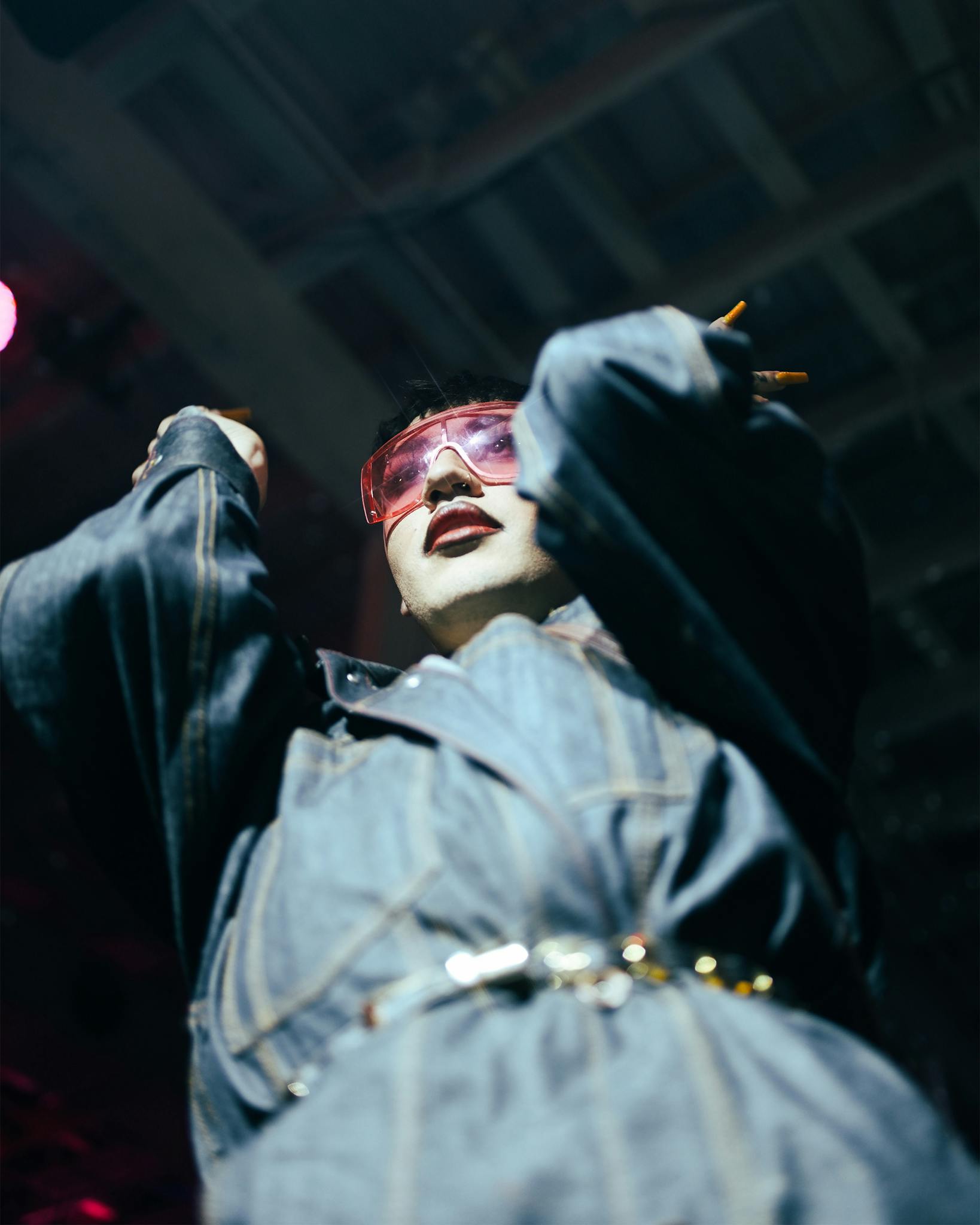
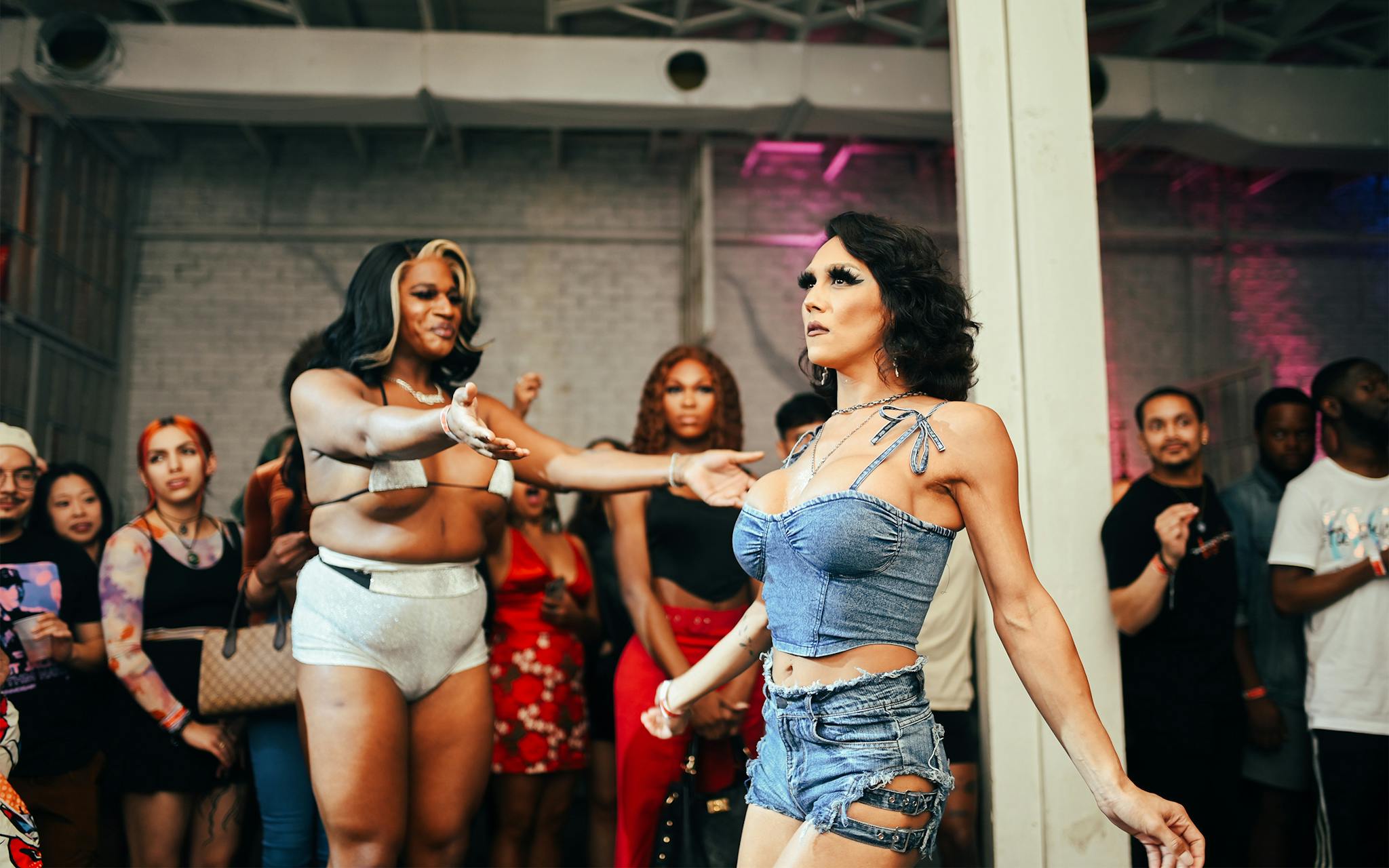
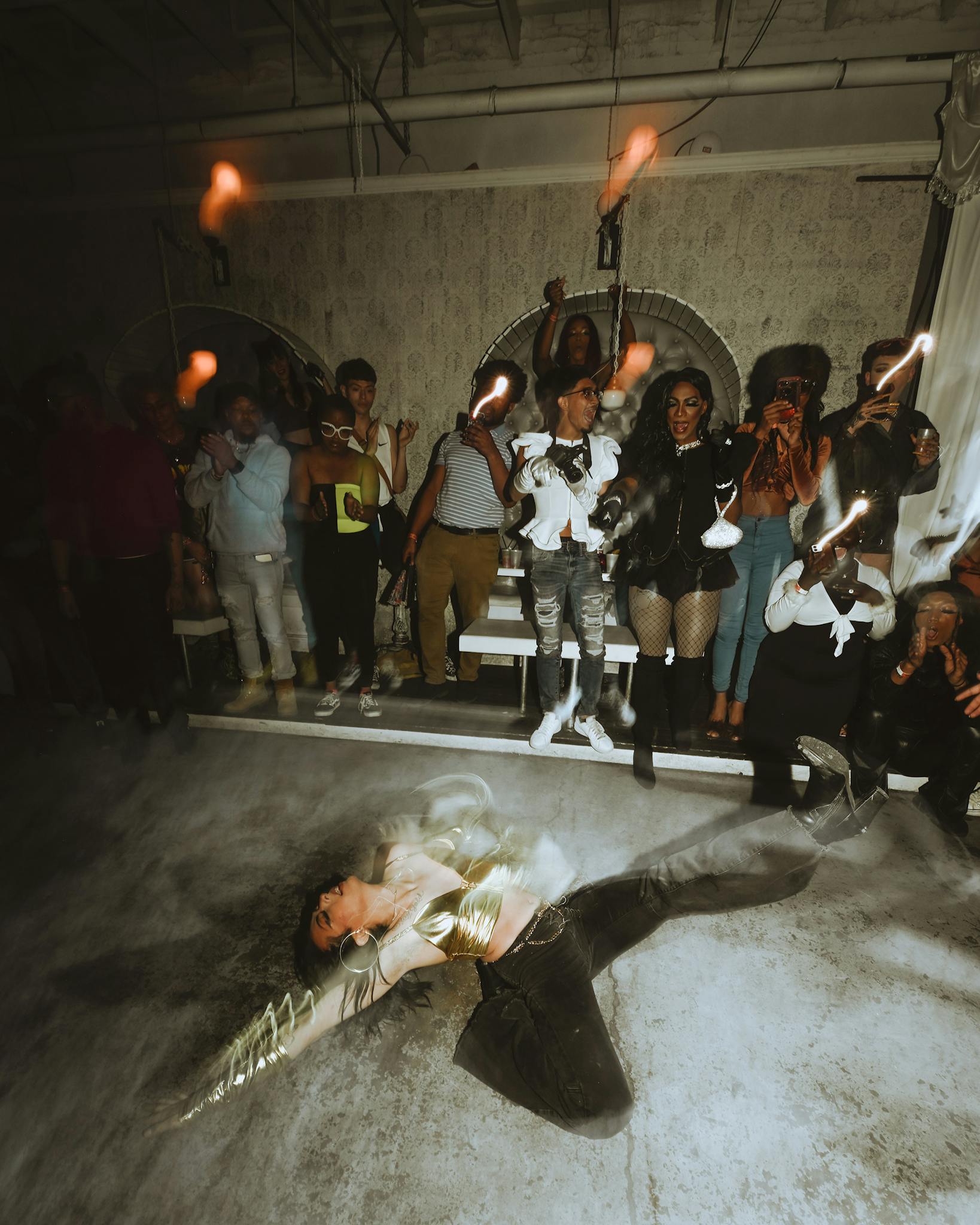
- More About:
- San Antonio
- Austin
